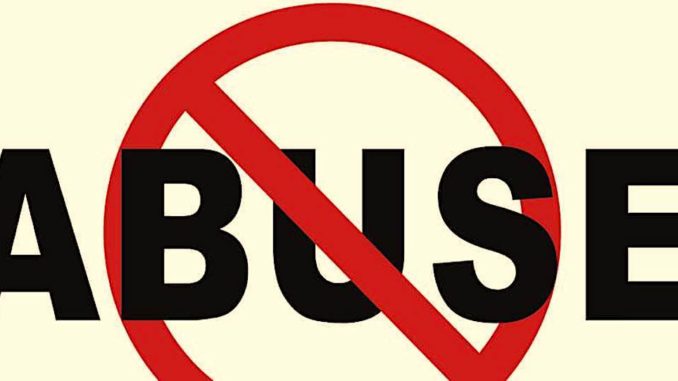
…if we are to move this country as far as most of us would like to take it, then the debates that matter in the design and implementation of policy would have to be conducted by, and amongst, folks who prioritise evidence. And who in the face of superior arguments concede ground without recourse to bitter and abusive speeches or pieces of writing.
“…another shameless goat. Justifying nonsense.” Thus went the commentary on a social media post, the link to which a friend sent me last week. I couldn’t imagine what it was another person could have said (or done) to warrant abuse at such visceral level. But the reference wasn’t to just anyone. It was to a friend — which was why my correspondent sent it my way in the first place. I’d known this other person in diverse capacities for a while now. And “shameless” isn’t an attribute of his. Okay. So, he does wear his headgear perched precariously. But it would take extremely poor powers of observation to describe any of him as hircine. Can’t say the same, though, for the one who fulminated against him on his landing page — him I don’t know at all.
All of this, before I spoke to the object of this diatribe. Turns out that his “crime” was to argue on television that reforms to our criminal justice system under the current administration have made slightly difficult, conduct that was de rigueur in the recent past. I can understand the difficulty this proposition poses. I am as disappointed with the Buhari administration as is any other Nigerian who thinks it should not be allowed a second term next year. The Jonathan government before it was a joke. It was so bad, the phrase, “any body but Jonathan”, nearly became the shibboleth by which patriotism was measured. In the end, the recourse to the Buhari-led All Progressives Congress (APC) was, in part, supported by the sense of his discipline and brutal neutrality. In large part, though, it was for want of a better alternative. Or how else was it okay to vote into office a president whose conceit of self made him fear that he might be bettered in a debate with Dr. Goodluck Ebele Jonathan?
…to argue that anyone who identifies and indicates blue ink spots on the scorecard is a “shameless goat” is to push the definition of “uncouth” into alien territory.
In office, the Buhari administration has underperformed the expectations that propelled it past the post in the 2015 general elections. This isn’t just about the economy, where the administration has spent infernal resources blaming its predecessor for everything that’s wrong in that space. As if it only got the full measure of the dire state of the economy only after resumption. Or that it does not understand how its policy choices (monetary, for example) may have led to perverse outcomes (the naira’s exchange rate, for instance). Then there is that litany of examples that question the administration’s commitment to transparency and ethical conduct. Throw in the sense that President Buhari’s comfort in the company of kith and kin continues to underpin a sense of his government as nepotistic, and the incumbent administration’s scorecard has red ink all over it.
All of which is okay. However, to argue that anyone who identifies and indicates blue ink spots on the scorecard is a “shameless goat” is to push the definition of “uncouth” into alien territory. For even the catastrophic Jonathan administration will have to its credit the ease with which he conceded defeat in 2015. Nearly every commentator on this includes this act as evidence of a strong character. Again, there are those who’d disagree. And none of whom would, on account, of this turn porcine or hircine.
The ability to convert our disagreements around these matters into policy fixes would depend, on our collective character, too.
…a key requirement of a liberal upbringing is captured by the argument, often misattributed to Voltaire that although “I disapprove of what you say, but I will defend to the death your right to say it”.
I’m not sure who it was who said that abuse nearly always kicks in when reason has departed. But I know that a key requirement of a liberal upbringing is captured by the argument, often misattributed to Voltaire that although “I disapprove of what you say, but I will defend to the death your right to say it”. As children, it was nearly always the case that we wanted to put in the last word — and it had to be a telling repartee for that matter. But that is why it was important that our playground hijinks were supervised by adults who agreed with Noam Chomsky that “If we don’t believe in freedom of expression for people we despise, we don’t believe in it at all”.
As grownups, it’s poor excuse that social media conduces to vituperative behaviour — especially when you can take on your social superiors from vantages of relative obscurity. But if we are to move this country as far as most of us would like to take it, then the debates that matter in the design and implementation of policy would have to be conducted by, and amongst, folks who prioritise evidence. And who in the face of superior arguments concede ground without recourse to bitter and abusive speeches or pieces of writing. Even then, the vitriol that passes for conversation on social media isn’t without its own uses though. It indicates how far we’ve still got to go in the education of our youth.
Uddin Ifeanyi, journalist manqué and retired civil servant, can be reached @IfeanyiUddin.
END

Be the first to comment